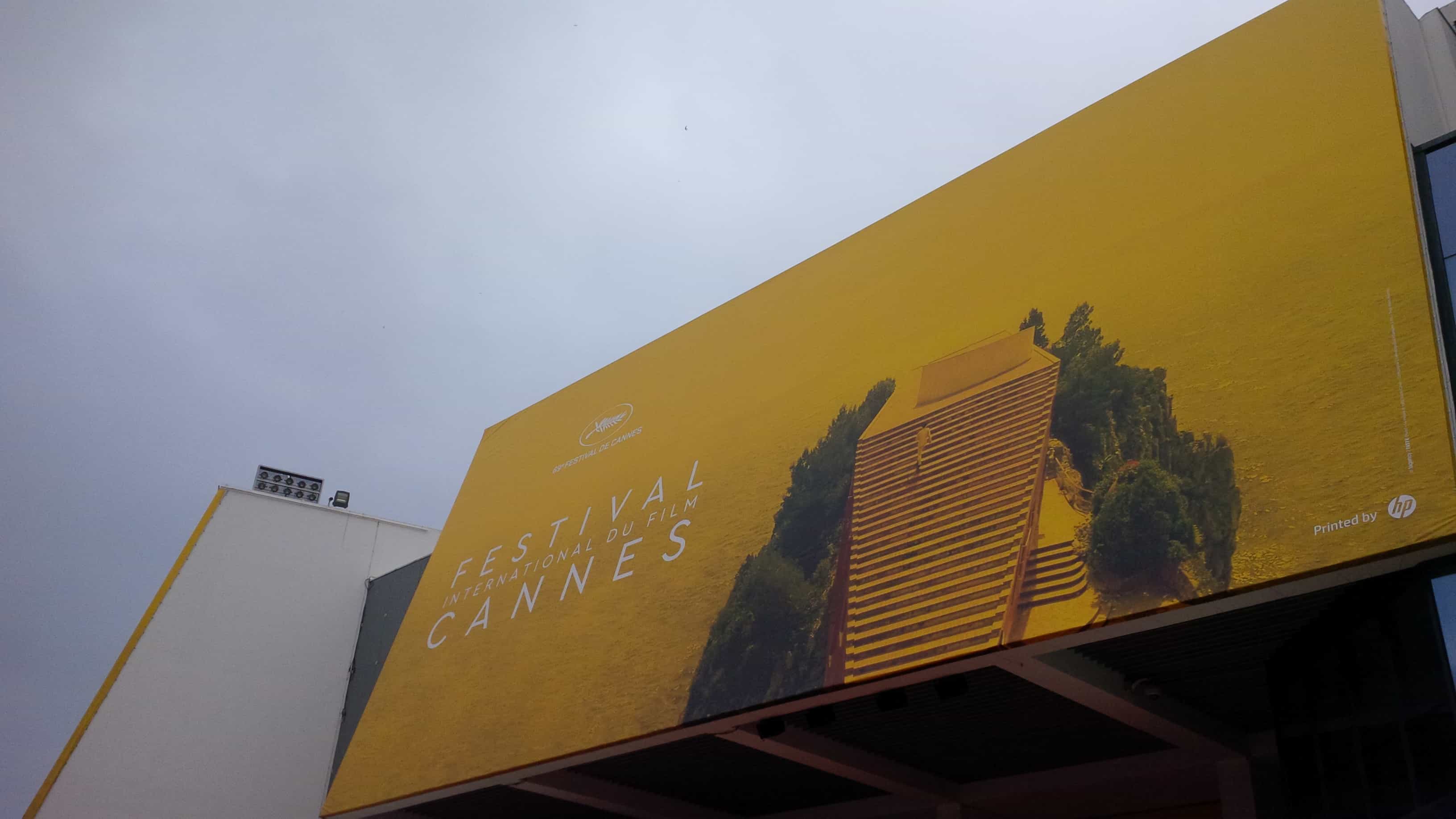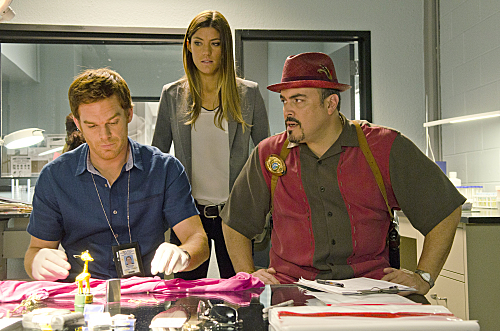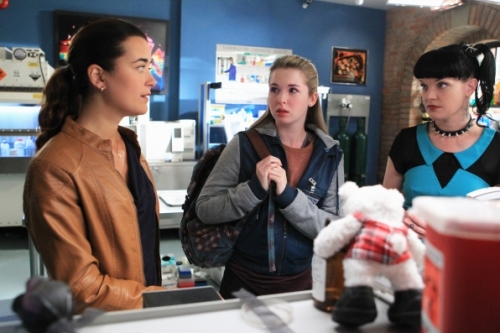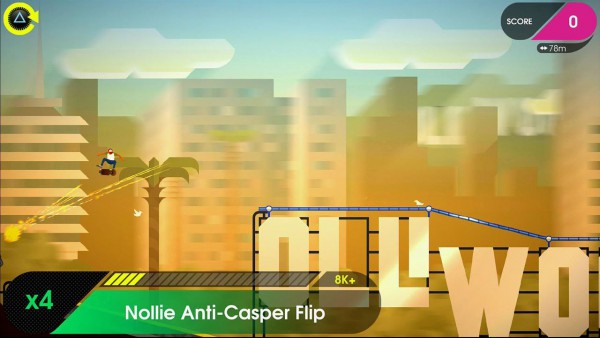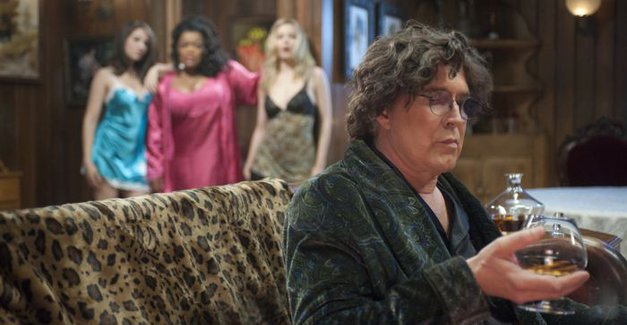Written by Zornitsa Staneva
The sky is grey and menacing over Cannes on the opening day of the 69th edition, making the logistics of hours-long queueing for press screenings even more interesting. The festival is officially kicking off today with Woody Allen’s latest offspring, start-studded ensemble comedy “Café Society”, seemingly continuing the cycle of throwing in a swarm of young good-looking people in a postcard location, that has come to characterize the senior-citizen period of Allen’s oeuvre.
In the official competition – expect the expected!
Palm D’Or winners Ken Loach, the Dardenne brothers, and Christian Mungiu, as well as festival habitués Andrea Arnold, Brillante Mendoza, Xavier Dolan, and Pedro Almodóvar are competing. I am a big fan of Andrea Arnold and hope that “American Honey”, her entry in the official competition, will be as brilliant as her past work. I am also looking forward to the two Romanian films in competition, Mungiu’s “Bacalaureat” and Cristi Puiu’ ‘Sieranevada’ – quiet, unadorned and punchy, modern Romanian cinema has yet to produce a disappointment…
Xavier Dolan, a member of last year’s Jury, is in the official competition for the second time with “Juste la fin du monde”, a drama set in France and one of two Palme D’Or contenders starring Marion Cotillard. I for one am more eager to see the work of another Montrealer, Kim Nguyen’s “Two Lovers and a Bear” showing in the Quinzaine des Réalisateurs. Eran Koilirin’s “Beyond the Mountains and Hills” is also keeping me intrigued (his magisterial “The Band’s Visit”, also screened at Cannes some years back, is a film I never tire of rewatching), as is Ashgar Farhadi’s “The Salesman”, loosely based on Arthur Miller’s “Death of a Salesman”.
Finally, one of my most beloved directors, Pablo Larraín (I cannot sing the praises of “The Club” too highly) will be taking part in the Quinzaine des Réalisateurs with “Neruda”, starring Gabriel García Bernal alongside Larraín regulars Antonia Zegers, Alfredo Castro and Luis Gnecco, while last year’s directorial debut sensation and Grand Prize winner László Nemes is back as a member of the Jury this year – quick but deserved!
Speaking of regulars, Pedro Almodóvar is back in competition with his twentieth feature film “Julieta” (which I happened to see last month when it came out in its native Spain). According to the pre-release buzz, the title was changed late during post-production from “Silencio” to “Julieta” because of the similarity with Martin Scorsese’s upcoming film. Also according to media buzz in its native country, promotion for the film was suspended because of the Almodóvar brothers’ recent association with the Panama Papers leaks as well as a public, ego-related squabble between the two leads Adriana Ugarte and Emma Suárez (apparently during filming, the director was more solicitous of the younger, nubile Ugarte, and that irked Emma Suárez, arguable the better actress).
Loosely based on short stories by Canadian author Alice Munroe, “Julieta” was originally intended to be set in Canada but during location scouting Pedro Almodóvar found the Canadian landscape too desolate and depressing. Fast forward a few years, “Julieta” saw the light of day in territories less depressing and more familiar to Almodóvar – the kitschy Madrid, the overblown Andalucía, melodramatic, wave battered Galicia, the serene, pristine Pyrenees. The camp, pastiche version of Spain, in other words, that has become the director’s trademark over the years, and that is by far the least of the film’s problems…
Starring the Adriana Ugarte and Emma Suárez as the title character, the film charts the life of a Greek language teacher as she meets a fisherman on a train, gets pregnant, moves in with him, has an argument over his cheating, after which he storms off upset and drowns in rough seas, Julieta drowns in depression and her daughter grows up in the shadow of this incessant mourning to one day disappear and sever contact with her mother. Double loss, more suffering, etc.
The biggest problem of “Julieta” is that Almodóvar is not and has never been a dramatic filmmaker and here his intention was to make a ‘dry’ drama with no tears. Nothing wrong with trying to depart from one’s shtick and explore other genres, but “Julieta” never manages to escape being the parody of a drama instead. Everything from the acting to the lurid décor and costumes, to the contrived dialogues, clumsy visual symbolism and clichéd characters scream melodrama yet the Almodovarian spunk, spark and irreverence that made some of his earlier melodramas unique are nowhere to be seen. In trying to do ‘dry’ drama, the director has managed to tame his exuberant streak, killing the potential charisma of the film. The tone is never certain of what it wants to be, vacillating between parody and seriousness, momentarily funny but mostly ridiculous because of its own pretentiousness. Ugarte is a middling actress, clearly there for decorative purposes, who delivers a caricature performance that never seems to get at the bottled sense of loss that is supposed to be the essence of her character. Her charisma is cloying and fake, and one almost empathises with Suárez’ off-screen annoyance. As ridiculous and out of place is the otherwise fine Argentinian actor Dario Grandinetti, not for a second conveying the supposed feverish lovesickness that compels him to stalk Julieta. As for Emma Suarez, a well-regarded actress in her native Spain, instead of mustering the life-weariness, maturity and debilitating emotional baggage of the older Julieta, at best, she manages to evoke weariness but mostly indifference.
Among “Julieta” scanty merits, the garish, colourful production design and outrageous 1980’s fashion somehow hark back to the ‘original’ Almodóvar, the one embracing ludicrousness and revelling in it rather than trying to be serious and deep. Sadly, his twentieth feature is bland, ridiculous and unmemorable.
Zornitsa Staneva will be covering Cannes for the duration of the film festival. Check back with PopOptiq for all of the latest reviews and insight.
